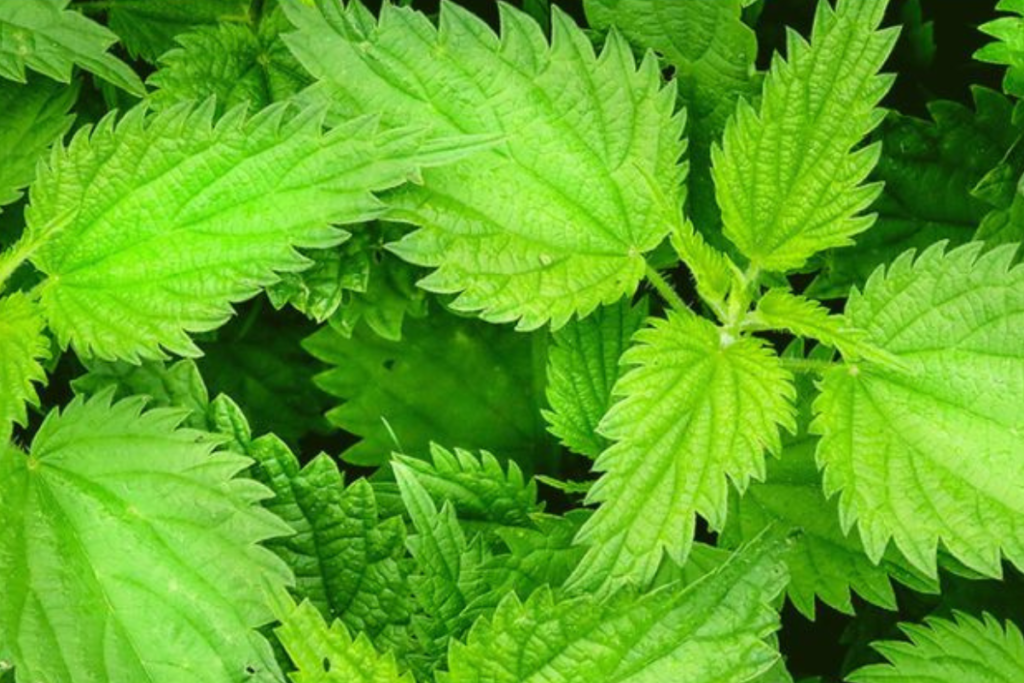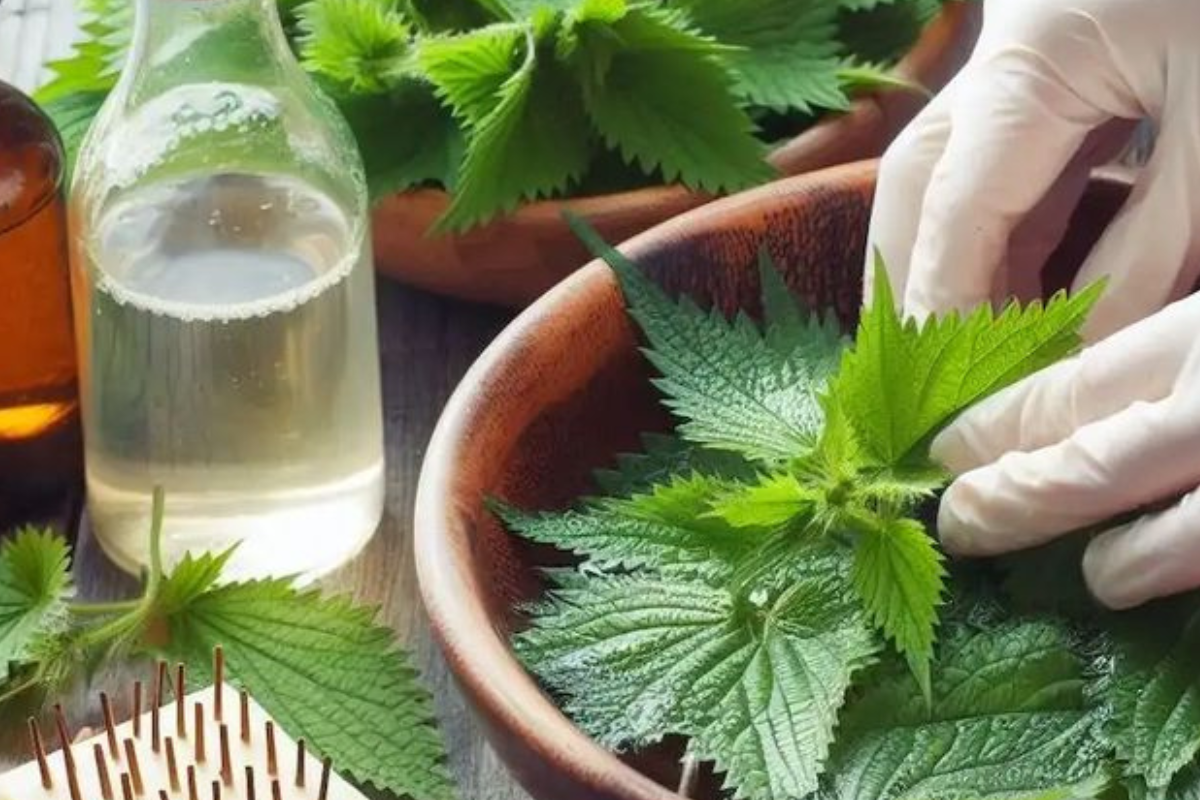Nettle fertilizer and insecticide are essential tools for organic gardening. Not only are they environmentally friendly, but they are also easy to make and provide numerous benefits for your garden. This article explores the significance of nettle-based solutions, provides instructions for making them, and explains how to use them effectively.
Why Nettle Fertilizer Is Important

Nettle fertilizer, also known as nettle tea or nettle liquid fertilizer, is an all-natural plant feed that greatly enhances the health and productivity of your garden. Here’s why it’s so valuable:
- Nutrient-Rich
Nettles are packed with essential nutrients, including nitrogen, potassium, phosphorus, and trace minerals. These nutrients are crucial for the growth and development of plants, making nettle fertilizer a potent, natural supplement. - Improves Soil Quality
Using nettle fertilizer helps enrich the soil with organic matter, which improves soil structure, enhances water retention, and increases nutrient availability for plants. - Natural Pest Deterrent
The strong smell of nettle fertilizer can act as a natural deterrent to pests, reducing the need for chemical insecticides and helping to maintain a healthy, balanced ecosystem in your garden. - Cost-Effective
Making your own nettle fertilizer is an affordable option that reduces the need for store-bought fertilizers, helping you save money while promoting organic gardening practices.
How to Make Nettle Fertilizer
Making nettle fertilizer is a simple process. Here’s how to do it:
Ingredients:
- Fresh nettle leaves (wear gloves when handling)
- A large container or bucket
- Water
Instructions:
- Collect Nettle Leaves
Gather fresh nettle leaves during the growing season, preferably in spring or early summer. Be sure to wear gloves to avoid being stung. - Prepare the Container
Fill a large container or bucket with water. The amount of water you need will depend on how many nettle leaves you have. - Add Nettle Leaves
Place the nettle leaves in the water, using about 1 part nettle leaves to 10 parts water. For instance, if you have one gallon of nettle leaves, use 10 gallons of water. - Soak the Leaves
Allow the nettle leaves to steep in the water for 2-3 weeks. Stir the mixture every few days to help aerate it. - Strain and Use
After steeping, strain the liquid into another container. The resulting liquid is your nettle fertilizer. Dilute it further (1 part fertilizer to 10 parts water) before using it on your plants.
Why Nettle Insecticide Is Important
Nettle insecticide, or nettle-based pest spray, offers an organic, eco-friendly solution for managing garden pests. Here’s why it’s essential:
- Environmentally Friendly
Nettle insecticide is a natural alternative to chemical insecticides. It’s safe for beneficial insects and won’t harm the surrounding ecosystem. - Cost-Effective
Like nettle fertilizer, nettle insecticide is an affordable, sustainable option that reduces the need for expensive commercial products. - Effective Pest Control
Nettle insecticide is effective in controlling a variety of common pests, including aphids, caterpillars, and mites, without the need for harmful chemicals.
How to Make Nettle Insecticide
Creating nettle insecticide is straightforward. Follow these steps to make your own:
Ingredients:
- Fresh nettle leaves (wear gloves when handling)
- Water
- Soap (organic, non-toxic)
Instructions:
- Collect Nettle Leaves
Gather fresh nettle leaves during the growing season, taking care to wear gloves. - Prepare the Container
Fill a container with water, using a ratio of 1 part nettle leaves to 5 parts water. For example, if you have one quart of nettle leaves, use 5 quarts of water. - Soak the Leaves
Let the nettle leaves soak in the water for 24 hours. - Strain the Liquid
After soaking, strain the liquid into a spray bottle. - Add Soap
Add a few drops of organic, non-toxic soap to the mixture. The soap helps the solution stick to the plants and pests. - Apply to Plants
Spray the nettle insecticide directly onto affected plants, targeting both the upper and lower sides of the leaves. Reapply as needed, typically every 7-10 days.
Conclusion: The Benefits of Nettle Fertilizer and Insecticide
Both nettle fertilizer and nettle insecticide are invaluable tools for organic gardeners. These natural solutions provide a range of benefits, from improving soil health and promoting plant growth to controlling pests in a safe, eco-friendly manner. By learning how to make and use these nettle-based products, you can create a healthier, more productive garden while reducing your reliance on chemical fertilizers and pesticides.
